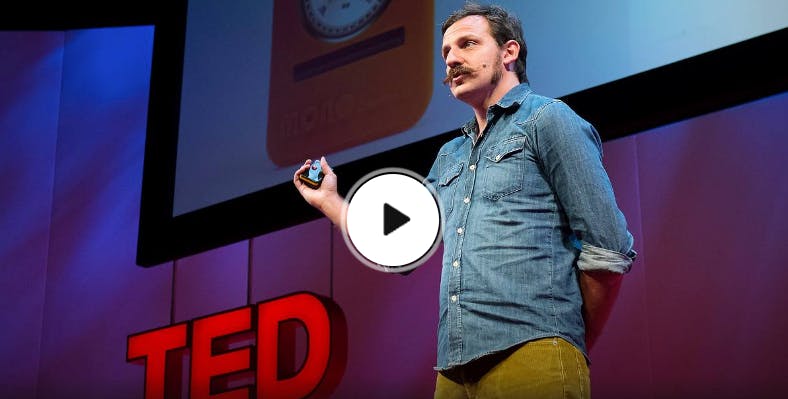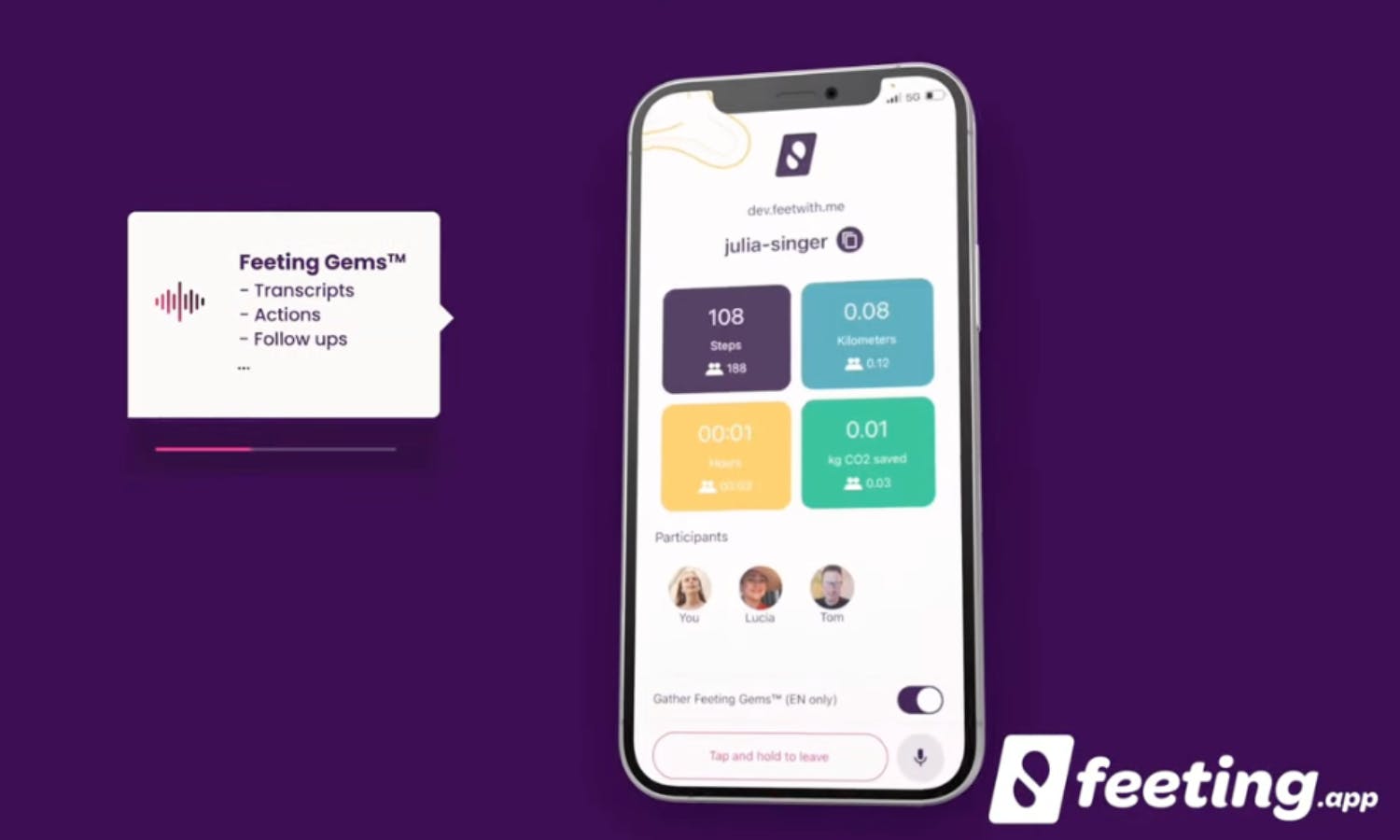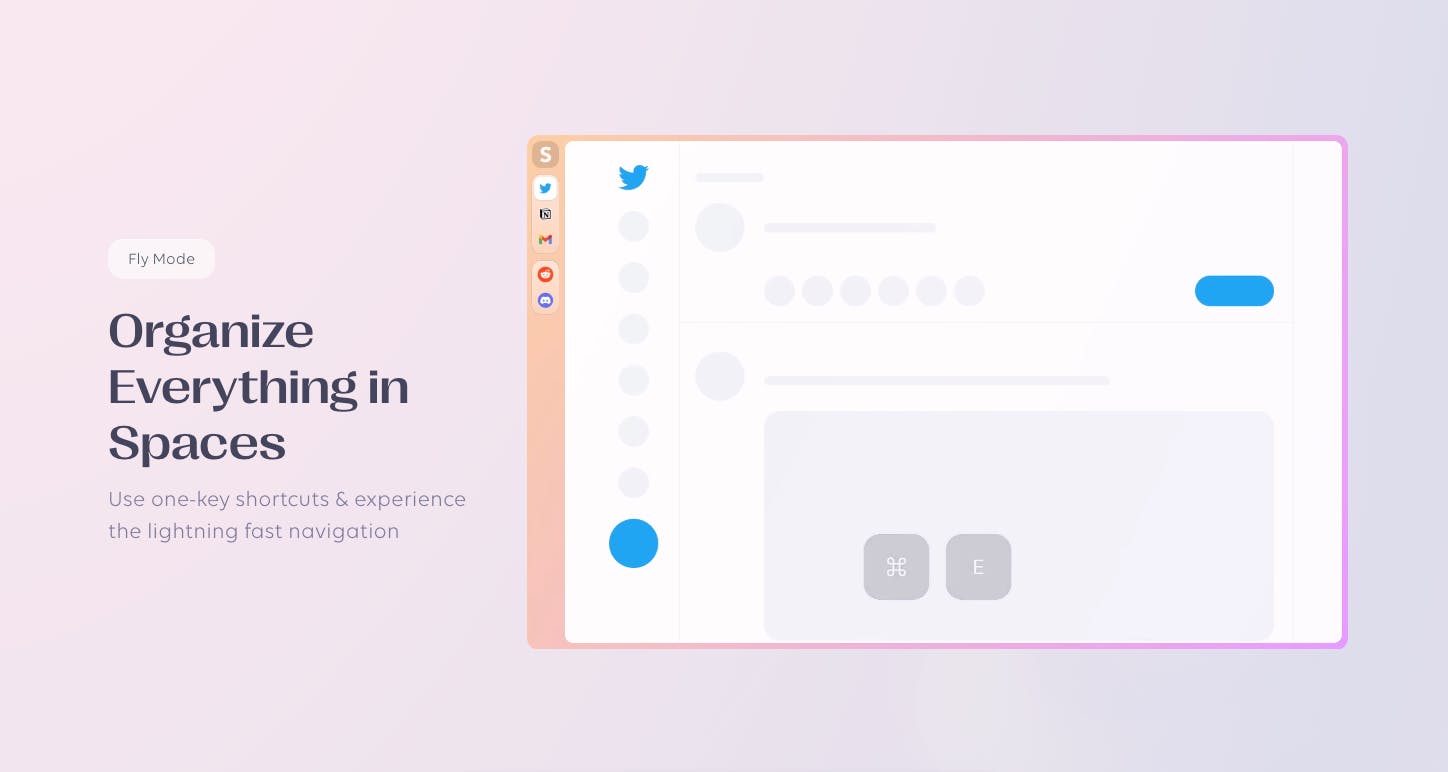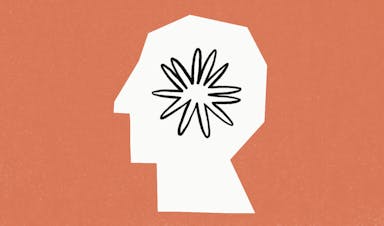Is multitasking as bad as they say it is?
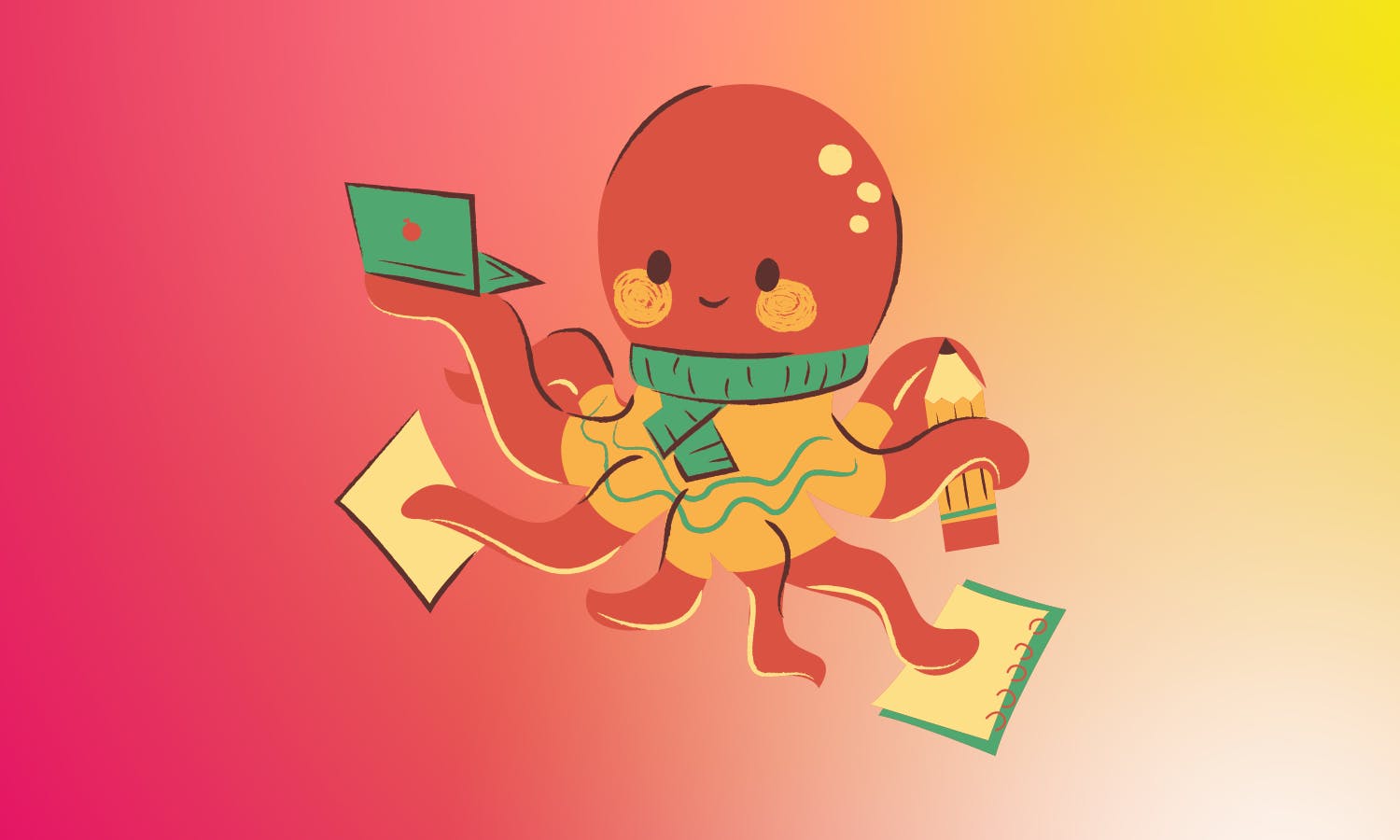
Being a good multitasker used to be a compliment. Now it’s an oxymoron for scientists and productivity enthusiasts in the know. We’ll explain why, why multitasking isn’t dead yet, and tools to cope.
"Is multitasking a lie?" asks one poster to the Product Hunt community.
If you're a productivity enthusiast, you probably have a definitive answer. “Multitasking is bad!”
The science would back you up.
Here are some of the reasons why being a multitasker has gone from a badge of honor to a red flag.
- Error-prone: It should probably come as no surprise that people make more mistakes when they multitask. A brain-scan study showed that when multitasking, new information gets processed in the wrong parts of the brain and not in the hippocampus where it should go in order to be remembered.
- Decreased efficiency: Studies have shown that people take longer to complete tasks while multitasking. Research from the University of Irvine, California found that it takes more than 23 minutes on average to get back to your original task after you’ve been interrupted by another one.
- Stress and fatigue: Even if multitasking doesn’t feel stressful, your body may still be experiencing stress, as indicated by increased secretion of cortisol and adrenaline when you multitask.
- Reduced working memory capacity: Researchers from Standford University conducted a study where they measured the working memory of multitaskers. They found that heavy multitaskers weren’t as good at filtering out irrelevant stimuli.
“I would never tell anyone that the data unambiguously shows that media multitasking causes a change in attention and memory,” said Anthony Wagner, PhD, who led the study. “That would be premature… That said, multitasking isn’t efficient. We know there are costs of task switching.”
Is monotasking the be-all-end-all?
Monotasking simply means dedicating your focus to one given task while removing opportunities for potential distractions until that task is complete, or until a significant amount of time has passed. Monotasking seems like the prevailing productivity strategy.
Many in the Product Hunt community prefer monotasking.
“Our brains are designed to do one task at a time. One task at a time, fewer problems, fewer bugs and better performance,” @jorcus
“It often leads to the declining work quality,” @hamza_afzal_butt
“Multitasking typically leads to inefficiency and a decline in work quality,” @rukhsar_amjad
Still, not everyone is sold that multitasking is as bad as it’s been made out to be in recent years.
“That depends on the kind of multitasking….” @saqib301
“I think "wrong multitasking" has hurt my focus and memory.” @w_j
“It totally depends on the person whether he is able to cope with all the tasks or not,” @tanya_gupta0502
Multitasking vs task batching vs time blocking
What many of these community members are referring to is actually task batching. Task batching is a productivity strategy where you group similar tasks and complete them close together in one time period. The key point is to avoid most of the context-switching that happens when you multitask, which is what drives much of the negative effects summarized above.
Time blocking is also an option. That’s where you block off periods of time to focus on certain work. The tasks in this work may not all be completely uniform — like responding to emails, or working on multiple tasks related to one project in one time block — but grouping them can help with productivity and mental load.
Multitasking in real life
To Tanya’s point, people are also different. Even scientists in the oft-cited studies note that the downsides of multitasking may affect some people more than others. That doesn’t mean you should assume you’re special and immune to the downsides of multitasking or that I'm suggesting multitasking. I'm just saying it’s possible you cope with it a little better, which is why you may be resistant to change (and I feel that).
And truthfully, even if multitasking isn’t good, real-life matters don’t always care. Sometimes you have to multitask, whether it’s because you’re trying to meet multiple deadlines, or because you don’t have anyone else to watch your toddler while you’re practicing your pitch for tomorrow. And maybe that’s okay.
When you can’t beat multitasking, make it work for you.
Tools for task batching
(Or that make multitasking better)
Walking meetings
I first learned that walking meetings were a thing from Product Hunt's own Ryan Hoover. Perhaps the fresh air and exercise help combat the stress and fatigue associated with multitasking, but that's just my theory.
Feeting.app gives you an AI assistant that automatically summarizes outcomes like important topics, follow-ups, actions, sentiment, and speaking times so you can get out and feel the sun or wind on your face.
Better browsing
If you’re the kind of person with 100 tabs open on your browser right now, I'm going to go out on a limb and say you probably struggle with multitasking. But maybe there’s a better way to hold onto those tabs in a way that creates less anxiety.
Stack describes itself as a spatial browser and in the past has called itself “the smart browser for internet multitaskers.” Instead of tabs, browsers live as cards, side-by-side in a space. You can have multiple stacks and even invite others into one of those spaces to collaborate in real-time.
To-do list batching
“Adulting” can be summed as living with one big, never-ending to-do list. If you do this by paper or a simple Apple Notes app, that might work okay for you, but there are tools that make it easier to batch your to-dos into time blocks.
Routine Calendar is one of them. Check out the demo video and see how it easy it is to manage your long to-do list. Block off times for “bills” or “marketing my product” and drop your tasks into place.
Content creation
This one is for all the social media managers out there. If you’ve never done social content, it’s really easy to underestimate how long it takes. One post alone requires research, copywriting, design, and scheduling. It might seem like it would be easy to copy/paste across channels, but all the asset types and sizes required are a huge undertaking.
Fortunately, there are tools that can task bundle for you, like Simplified. You can create social media posts, ads, and videos with a click.
What do you have the most trouble with when it comes to multitasking? Let us know and we’ll consider what other tools we can add on here or cover in a future article to help.
Comments (22)
Dylan Molina
senior in high school | founder
Business Marketing with Nika
Marketer
Greg Gotsis
growth @TipLink.com, Fintech explorooor
Minoru Mineta
C.A Tardecilla
Data-Driven Social Media Specialist
Jonelle Puah
Content Marketer and Writer.
Tamara Blazic
Marketer
More stories
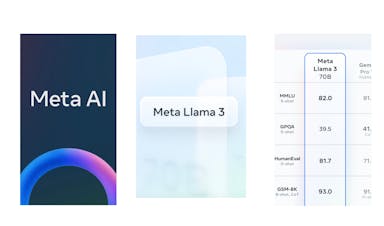
Kyle Corbitt · How To · 3 min read
What we've learned in 3 days of Llama 3

Aaron O'Leary · Announcements · 2 min read
Introducing Shoutouts
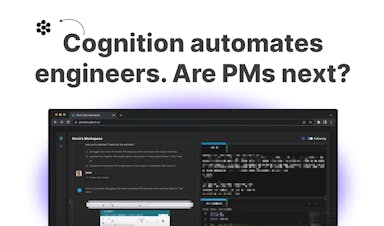
Finn Lobsien · Opinions · 5 min read
Can Devin AI Replace Product Managers?
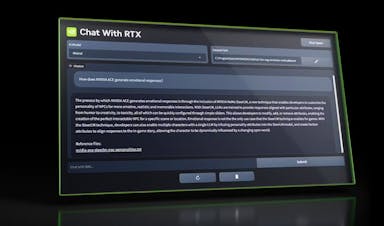
Aaron O'Leary · News · 2 min read
Meet Nvidia's new localized AI chatbot

Sarah Wright · News · 2 min read
The top 15 AI products from 2023
